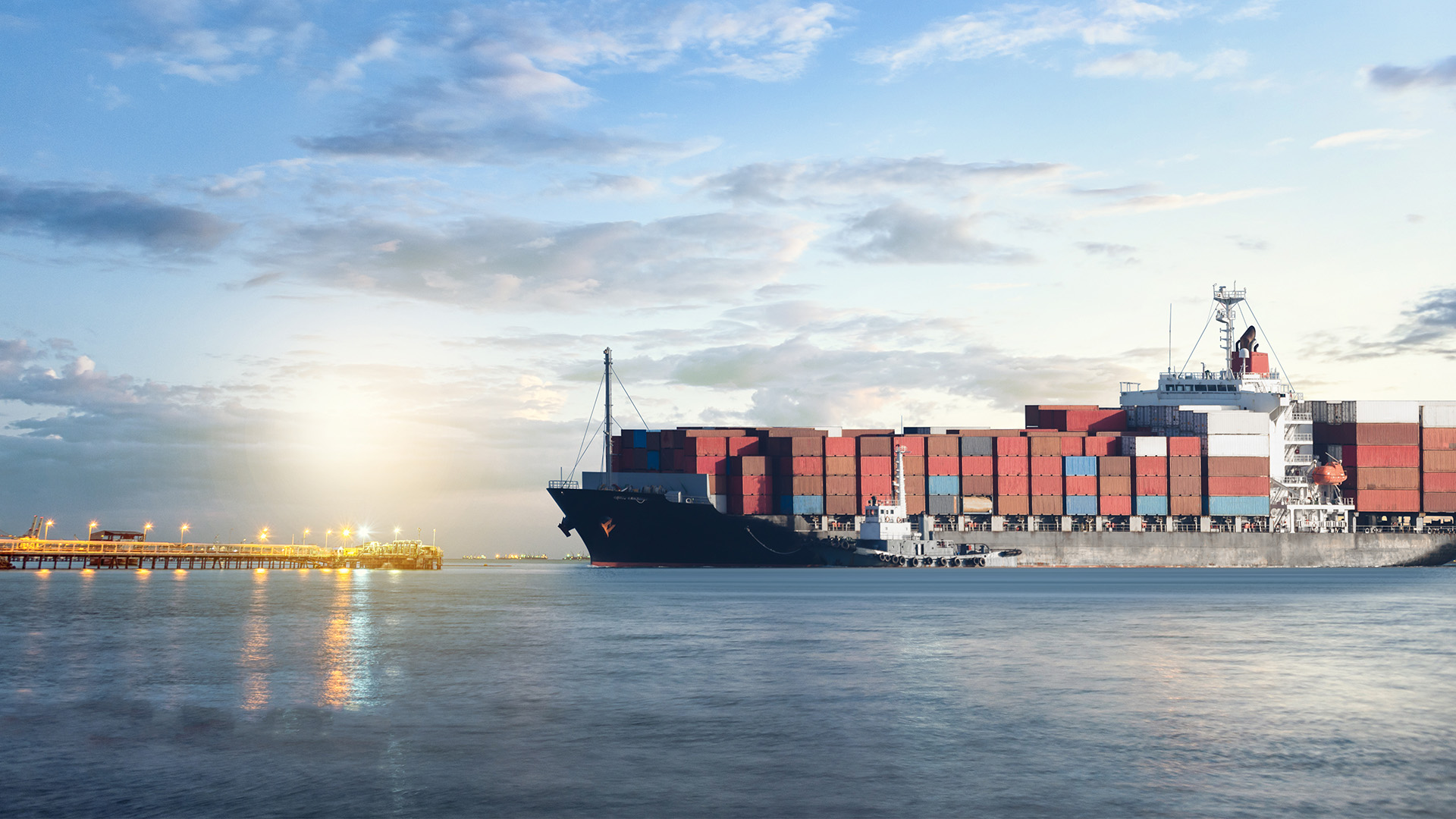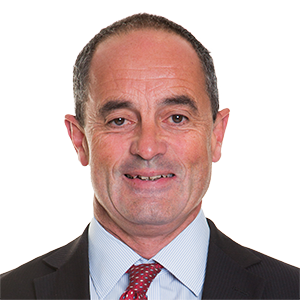In a previous article which can be found here, we welcomed the announcement in the SONA that the privatisation programme for Transnet Freight Rail (TFR) will be accelerated. Our endorsement arose mainly out of the positive fact that rail networks are more efficient, environmentally friendly and cost-effective than road for transporting heavy or bulky cargoes. There are however several negative drivers which are pushing TFR to consider various privatisation and PPP options.
These include the state of the rail infrastructure where maintenance and upgrading of existing systems and the construction of new systems have simply not happened for decades. Emergency repairs have been effected from time to time on certain lines, but preventive maintenance is not happening. This is reflected partly in the fact that the Gauteng to Durban dual rail corridor used to have the capacity to carry 45 trains in each direction every day. It now carries a total of 15 trains a day on average. This is in part because there is no longer a dual line operational over the entire corridor which means north bound and south bound trains have to wait to use the single lane sections.
In addition to allowing marginal lines to fall into disrepair, TFR has not constructed any new branch lines to connect, for example, to special economic zones or agricultural regions such as Mpumalanga where there has been massive growth in export quality products.
TFR has overlooked or ignored the global development of road to rail hubs where efficient terminals at the terminus of rail lines allows for quick and cheap transfer of containers from trucks to trains. Given our unemployment situation we are not suggesting the introduction of a Rotterdam container terminal type arrangement where there are no humans in sight, but an efficient road to rail hub would create jobs to offset losses in the road haulage industry.
TFR, in the past, had full workshop facilities at several sidings where maintenance was carried out by TFR employees on locomotives and rolling stock. Those were all shut down. The private sector has invested heavily in locomotive manufacture. This is reflected particularly in the state of the art Gibela rail facility near Pretoria. They are producing locomotives, but TFR lacks the money and capacity to even take delivery of them never mind operate them.
If the infrastructure were upgraded and properly maintained, an operator would be able to find local companies to construct and maintain rolling stock to add to the locomotives already being produced. That type of investment is however long term and any investor will be looking for appropriate comfort from the government that its investment will be protected.
As with nature, markets abhor a vacuum and in response to TFR’s decline there has been a commensurate and massive increase in the number of road hauliers and the number of trucks on our roads. Certain of those road hauliers have very lucrative long-term contracts to transport cargoes that were previously transported by rail. Any private operator on a rail line such as the coal line from Mpumalanga to Richards Bay, will face intense competition from the road hauliers currently carrying all of that coal.




